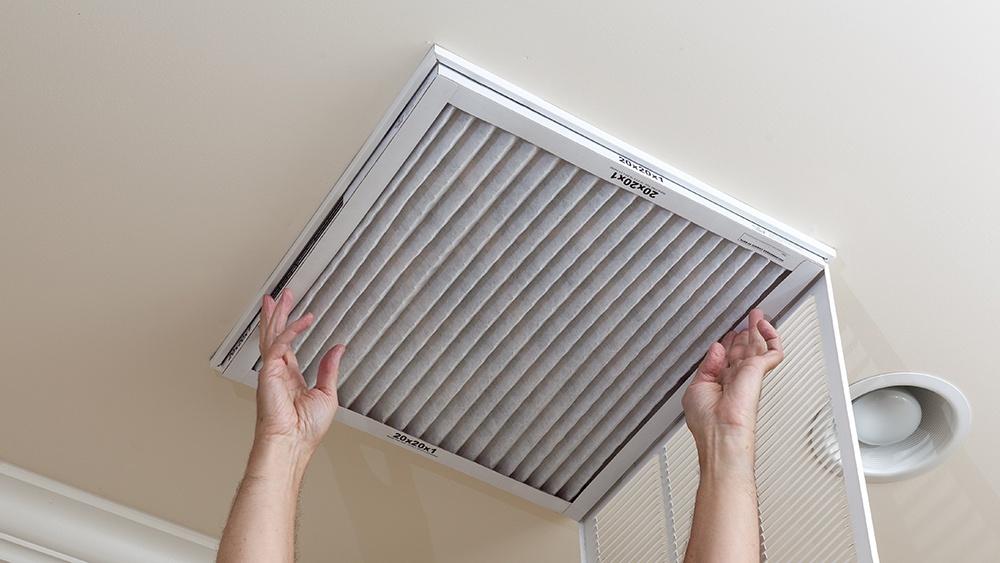
Air filters are a critical part of your home’s air conditioning unit -- and keeping your family breathing quality indoor air. To better understand this component, check out Warner Service’s 101 guide:
Types Of Filters
Disposable Air Filters
Disposable filters are more conventional and common than reusable filters. Disposable filters are more user-friendly, as you simply install the filter in your HVAC system then, in one to three months (depending on your home’s indoor air quality), remove the filter. Throw the filter away, and replace it.
The downsides to disposable air filters include cost and environmental impact. Because disposable filters must be replaced at least 12 times per year, the cost adds up quickly. In addition, disposable filters have a negative impact on the environment, as they often pile up in landfills.
Reusable Filters
Reusable filters are more appealing to homes that value cost savings and environmental friendliness. They’re generally thicker than disposable filters, and in turn, last longer.
However, they must be maintained on a regular basis. Once every three to four months, reusable filters must be washed to clean off dust and dirt to improve your home’s indoor air quality. Keeping reusable filters clean also extends their life beyond disposable filters, but dirt can still form permanently over time, which means that performance will begin to suffer. Because of this, reusable filters should be replaced about once every five years.
Despite their higher price upfront, the overall lifespan of these filters ends up saving you money in the long run. Plus, because they’re disposed of only once every five years, the waste produced by reusable filters is minimal in comparison.
Energy Efficiency
After deciding on which type of filter is right for your home, you should consider the energy efficiency you’ll need. Filters, both disposable and reusable, are rated according to the size of the particles they can filter.
These ratings are according to the Minimum Efficiency Reporting Value (MERV) scale. A lower MERV value means that the filter is more effective at removing large particles, such as pollen, dust mites, and carpet fibers. A higher MERV rating means that the filter is better at catching small particles like bacteria, viruses, and smoke.
Another acronym that matters is HEPA, also known as High Efficiency Particulate Air filters. These filters use static electricity to catch particles in the air. The correct energy efficiency will depend on where the filter is located. HEPA filters and those with high MERV ratings can potentially restrict airflow, whereas filters with low MERV ratings don’t filter particles as well.
A compromise may be to install a UV (ultraviolet) Light Filter system to be used with a HEPA filter, separated from the main ductwork. This setup will allow for optimal filtering without sacrificing airflow performance.
Maintenance
When it comes to how and when to change your home’s air filter, most homeowners will need to change their air filters once per month. If you have reusable filters, replace it every five years and wash it about once per three to four months.
Common Problems
Common air conditioning problems include a loud or leaky unit, or one that blows hot air. For more details on the worst A/C problems, check out Warner Service’s Why Your Air Conditioning Won’t Start When You Need It Most or 20 Things That Could Be Wrong With Your Air Conditioner.
Who To Call
If you find that your home has air conditioning problems often, call a local HVAC technician as soon as possible for an HVAC maintenance check-up. Explain the sounds you hear and how often, how your home has been affected, and other noteworthy details.
Changing and maintaining your home’s air conditioning air filters is only one part of crucial HVAC maintenance. For more, download Warner Service’s A/C Maintenance Checklist:


